Buying or selling a home is one of the biggest financial transactions most people will ever make. Unfortunately, it’s also a prime target for scammers who prey on emotions, urgency, and trust. Real estate fraud is on the rise in Canada — from fake listings to title theft — and even the savviest investors can fall victim if they’re not careful.
Here’s how to recognize common red flags and protect yourself before you sign on the dotted line.
- Watch for Unrealistic Deals
If a price or offer seems too good to be true, it probably is.
Scammers often lure victims with listings well below market value, especially on rental or investment properties. They’ll pressure you to act fast or send money immediately to “hold” the property. Always verify the property’s existence, ownership, and market value through MLS listings or your trusted Realtor.
Pro tip: Never send deposits, rent, or fees via e-transfer or wire before confirming the legitimacy of the listing and ownership details.
- Confirm Who You’re Dealing With
Fraudsters can pose as agents, buyers, or even property owners.
Before sharing personal information or money, confirm identities:
- Check the Realtor’s name and license number on your province’s real estate council website (for example, BCFSA in British Columbia).
- If you’re working with a lawyer, mortgage broker, or notary, verify their credentials independently through official directories — not just the links they provide.
- Beware of Title Fraud
Title or mortgage fraud happens when someone steals your identity to transfer ownership or secure a mortgage on your home without your knowledge.
Protect yourself by:
- Purchasing title insurance when buying a property — it’s a small cost that provides big protection.
- Keeping personal documents secure and monitoring for unusual financial activity.
- Acting quickly if you receive unexpected notices about your property or mortgage.
- Double-Check All Payment Requests
Wire fraud and email spoofing have become alarmingly common. Hackers intercept email threads between buyers, agents, and lawyers, then send fake payment instructions.
How to stay safe:
- Always verify payment details with your Realtor or lawyer by phone using a known number.
- Be suspicious of last-minute changes to wiring instructions.
- Avoid using public Wi-Fi when handling financial transactions or sensitive information.
- Do Your Homework on Investment Opportunities
“Guaranteed returns” or “exclusive pre-sale opportunities” can sometimes be legitimate — but they’re also a favorite tool of scammers.
Research the developer, check their history, and ask to see official documents, permits, and contracts. If the person is reluctant to share details or rushes you into signing, walk away.
- Work with Trusted Professionals
The best protection against real estate fraud is having the right team on your side.
A licensed Realtor, lawyer, and mortgage professional will ensure due diligence is done properly, paperwork is authentic, and funds are handled securely. They’re also legally bound to protect your interests.
My Thoughts
Real estate should be exciting — not stressful or risky. By staying informed, asking questions, and verifying everything before you commit, you can protect your investment and your peace of mind.
If you’re ever uncertain about a property or transaction, trust your instincts and reach out to me for guidance. A few minutes of caution could save you thousands — and a whole lot of heartache.
